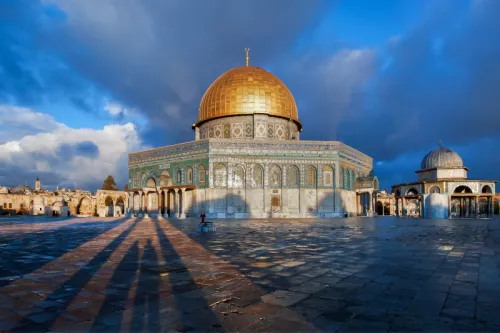Founded in 1966 in Oakland, California, by college-educated and -socialized Huey Newton (1942-1989) and Bobby Seale (born 1936), the Black Panther Party (BPP) was a particularly influential part of Black Power from the later 1960s to the 1970s in the United States. During its heyday Black Power was quite distinct from the civil rights movement (CRM), which had begun in the 1950s, in terms of its separatist-nationalist aims, its readiness to use arms as a means to that end, and its revolutionary style, which included exercising the right to carry firearms. However, as Nico Slate’s introduction to the edited volume Black Power beyond Borders: The Global Dimensions of the Black Power Movement (2012) stresses, the extent of changes from the CRM to Black Power is a still debated and deeply political issue. Thus, there were political and personnel overlaps between the CRM and Black Power. And regarding the BPP, both it and the CRM were fundamentally focused on African Americans while both also nurtured relationships abroad. This being said, certainly to white Americans the BPP’s Marxist-inspired internationalism was more radical than the CRM’s, and more radical, too, was the anticolonial politics of the BPP’s foreign friends like the Vietcong and the Palestine Liberation Organization (PLO).
Soon after the BPP’s foundation, its leaders started stressing internationalist relationships and linking US black liberation to anticolonialism. They would continue to do so in several stages and places of the BPP’s existence. As Sean Malloy’ Out of Oakland: Black Panther Party Internationalism During the Cold War (2017) in general and in particular Michael Fischman’s Black Power and Palestine (2018) show, it was already in 1967 that the Palestinian cause started interesting BPP members, when all were still in the United States. After the Arab-Israeli War of June 1967, the influence and visibility of the political-military organization Fatah—officially founded in 1959 and led by Yasser Arafat (1929-2004) who in 1969 took over the PLO—rose fast. BPP members identified with Fatah/PLO fighters’ bravery and long odds more than with perhaps any other non-US anticolonial cause.
This recognition soon turned into a relationship in the United States with PLO representatives and with Arab American organizations. The relationship deepened in 1969. That year, Eldridge Cleaver (1935-1998), his wife Kathleen Neal Cleaver (1967-1987), and additional BPP members landed in Algeria after a stay in Cuba, on the run from the US government. In Algiers, they associated inter alia with Fatah/PLO officials. When in September 1970 the Algerian government granted the BPP the status of a liberation organization, it issued the below statement, in English. Its context was the Jordanian army’s attack that month—since called Black September—on the PLO and on Palestinian refugee camps, which forced the PLO to relocate to Lebanon. BPP members in the US and the organ Black Panther used language similar to that of this text. At the selfsame time, however, Newton began invoking Arab-Jewish co-existence. Tellingly, this move mirrored a domestic reorientation of his, away from armed struggle for revolutionary separatism towards social services for black communities and towards electoral participation in order to challenge white racism from within. All this contributed to BPP-internal tensions that, partly due to FBI misinformation, split the party in 1971, with Newton’s faction ending up in control of most BPP assets.

